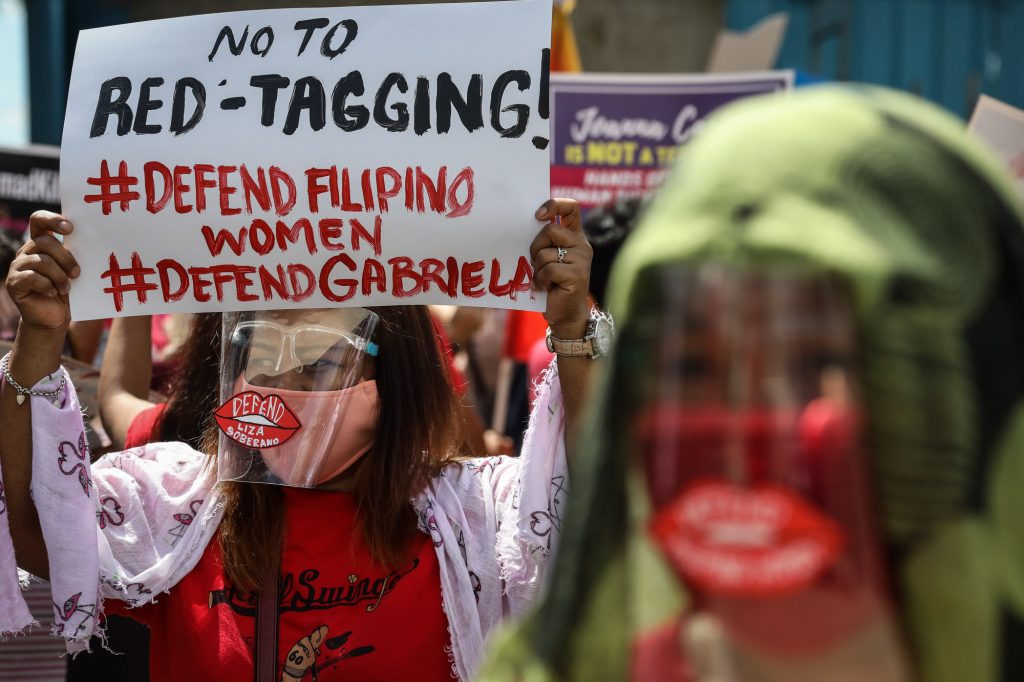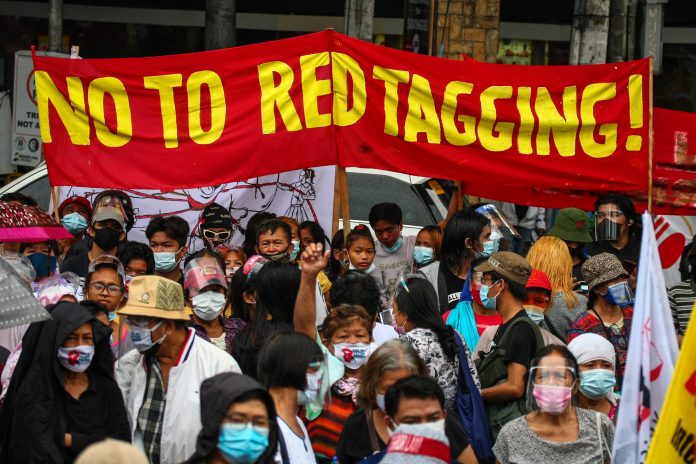Altermidya Network has raised the alarm over a resolution issued by authorities in the northern Philippine province of Kalinga that puts journalists “in grave danger”.
Recently, the Kalinga Provincial Task Force to End Local Communist Armed Conflict (PTF-ELCAC) released a resolution urging local government units (LGUs) “to require all entities… to secure permission” before conducting any activity in the province.
The resolution came with a list of supposed “sectoral front organizations” of the Communist Party of the Philippines.
The list, which was prepared by the 50th Infantry Battalion of the Philippine Army, named 18 legitimate nongovernmental organizations (NGOs), including three media groups – the Northern Dispatch, the College Editors Guild of the Philippines (CEGP), and the National Union of Journalists of the Philippines (NUJP).
In a statement issued on June 14, Altermidya Network denounced the resolution, which it described as “unconstitutional, undemocratic, and dangerous.”
“This has the effect of preventing members of these media organizations from conducting their work as journalists and also puts them in grave danger from the military and the police,” the group said.
The group said the mentioned media organizations are “well-respected and award-winning institutions.” It also said that the other 15 groups on the list are “known legitimate organizations”.
“Preventing them from continuing with their work without a court order is nothing less than undemocratic,” the statement read.

According to the 2023 report by the Reuters Institute released on June 14, the Philippines’ media landscape “remains largely grim despite the change in the country’s leadership.”
The report said attacks on journalists, which escalated during the six-year presidency of Rodrigo Duterte, “have not let up” since Ferdinand Marcos Jr. took office.
“Dozen cases of violations of press freedom have been recorded under Marcos’s watch, topped by the killing of two hard-hitting radio commentators and increasing use of legal action (‘lawfare’) against journalists,” said veteran journalist and University of the Philippines professor Yvonne Chua, who authored the report.
Chua said branding journalists “as a communist or terrorist persists”. She said news entities from both dominant and alternative media have been targets of attacks.
Among the NGOs accused as “sectoral front organizations” of communist rebels in the list were the Cordillera Peoples Alliance, Alyansa dagiti Pesante ti Taeng Kordilyera, Action and Research Center in the Cordillera, and Confederation for Unity Recognition and Advancement of Government Employees, and the Cordillera Disaster Response and Development Services.
Cristina Palabay, secretary general of Karapatan, said these organizations have been “instrumental in promoting and protecting human rights, especially those of the indigenous Cordillerans”.
“By red-tagging these organizations, the PTF-ELCAC not only endangers them, rendering them even more vulnerable to threats, harassment, and intimidation, they deprive so many underserved communities of the services they provide,” she said.
Palabay also said that the resolution has violated several rights including the freedom of association.
She called on the Kalinga provincial government “to review this resolution” and urged the Commission on Human Rights “to look into this latest attempt” by the government’s anti-communist task force “to vilify and imperil people’s movements and associations”.









